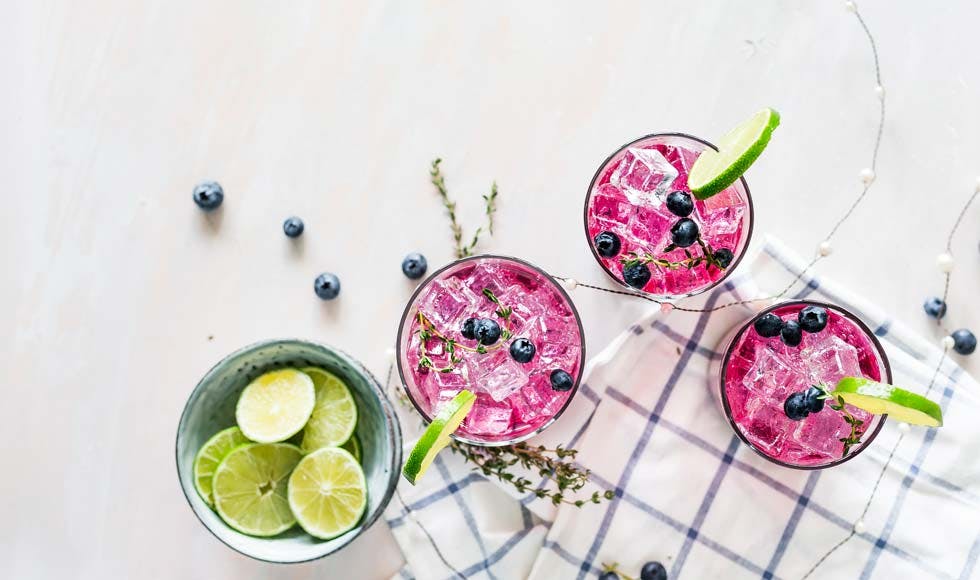
- Health hub/
- Tips & Advice on Improving your Digestive Health/
- 6 rules for sensitive bowels


Whether you've got a digestive disorder, have been overindulging or are just plain sensitive in the digestive region, it's hard to know just what to do when the hunger pangs strike.
The last thing we want to do is make the situation worse, and this can sometimes encourage us to avoid food and drinks altogether; however, this is not always the best option. If you stick to non-irritating gentle foods that are easy to digest, you don't have to go hungry. Take a look at these easy tips to help you make the right choices.
The 6 basic principles of choosing gentle foods
When looking for what to tuck into, consider the following basic principles:
1. Does it contain a commonly known food allergen?
Even if you have no known food allergies or intolerances, it makes sense to avoid the obvious ones such as gluten and dairy when digestive inflammation is present. Many intolerances tend to be cumulative, meaning as the load of irritating food increases, so do the symptoms.
2. Was it once alive, and does it closely resemble its natural state?
Heavily processed foods are generally very unhelpful for a sensitive tummy. Always consider how many stages the food may have gone through to get to its current state; the fewer the better.
3. Is it oily or high in processed sugar?
Not only do oily and sugary foods put an extra load on the body's digestive powers, but they are also generally not health-promoting. An exception to this rule is omega-3 fatty acids, such as those found in fish and flaxseeds, as well as the specific omega-6 fatty acid found in Evening Primrose Oil. These oils have an anti-inflammatory effect, but the body still needs to digest them as a fat, so they are best consumed away from your tummy's most sensitive time.
4. Raw or cooked?
Some foods are best consumed cooked, as the cooking process begins the digestive process by breaking down some of the food structure. A good example of this is vegetables. Although cooking your vegetables may reduce some of the nutrient content as opposed to the raw version, your sensitive tummy will be likely to thank you for the head start on digestion. Opt for more nutrient-conserving methods of cooking such as light streaming.
5. Is it freshly prepared?
Has it been sitting for a while? Is it looking a bit lifeless? If so, it should probably be avoided. Preparing your own food is the best way to go, as you can be sure it's fresh and clean, and you know exactly what’s in it.
6. Bland or super spicy?
As a rule of thumb, the blander the food, the more gentle it is likely to be on your tummy. It’s definitely best to avoid spicy foods when your digestion is feeling sensitive. This doesn’t mean you should avoid strong flavours altogether. Tummy-soothing spices such as ginger and bitters may help to aid sensitive stomachs.




